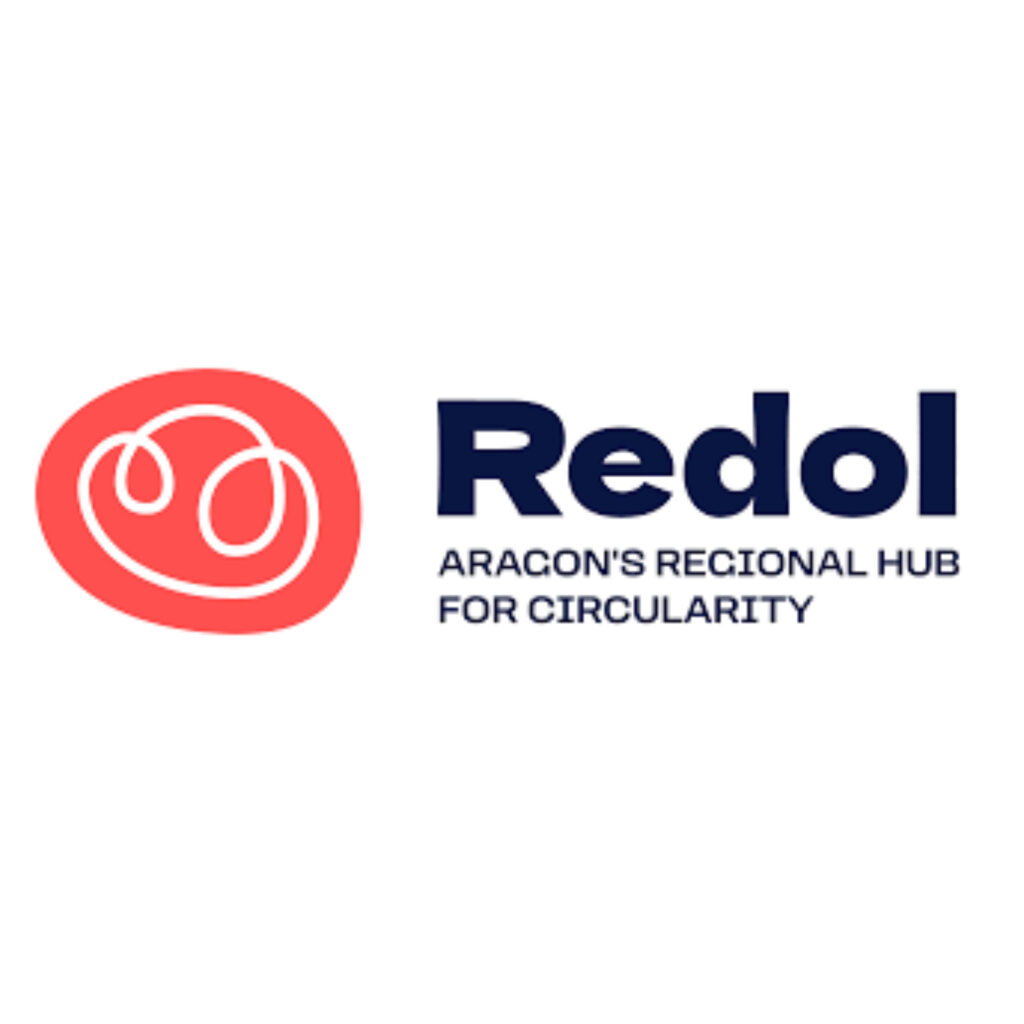Solid urban waste (SUW) is an abundant source for circular products production, but it is generally not exploited. In fact, over 500 kg of municipal waste per capita were generated in the EU in 2020, while only 45% was recycled. The proximity of resources and people, a sufficient scale for effective markets and the ability to shape urban planning and policy are key factors for cities to achieve advancements in this area. REDOL has been conceived to take advantage of this scenario and transform cities into hubs for circularity that implement zero residues strategies while fostering industrial-urban symbiosis (I-US) approaches among local and regional actors. To this end, REDOL will redesign 5 value chains for SUW (packaging, plastics, CDW, textiles, WEEE) ending-up in the production of 12 circular products. Along the value chains a range of new solutions will be implemented for 1) upgrading management technologies to collect, sort and classify SUW, 2) enhancing the processing routes of sorted materials to avoid landfilling and 3) applying cutting-edge digital tools to optimize value chains and interaction among key players. Moreover, REDOL will provide the required organizational procedures, business models and social innovation actions required for the establishment of successful I-US interactions and hubs for circularity at local level. Such an approach will result in the development of guidelines and recommendations for major decision-making bodies and will achieve improved citizens’ perception on SUW as a local resource and on recycled products, thus increasing their participation in separate collection schemes. REDOL will be implemented in Aragon, with Zaragoza in the center of the hub for circularity. This way, REDOL will support its transition towards a zero residues city by 2040. This will imply 144.720 tons SUW/year being re-used, valorized or transformed into secondary raw materials, leveraging economic and GHG emissions savings over 14B€ and 280 ktCO2/year.

Project Details
Name: REDOL
Launch Year: 2022
End Year:
Project page: https://www.redolproject.eu/
ICCS Role:
-
Partner

